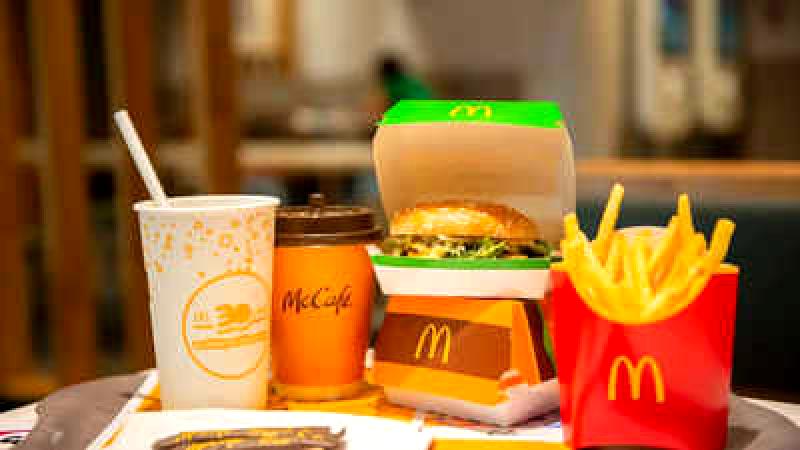
A recent E. coli outbreak connected to specific fast-food establishments has raised serious health concerns throughout the industry. The outbreak is originally linked to pre-sliced onions used in McDonald's Quarter Pounder burgers, leading major chain restaurants such as KFC, Taco Bell, and Burger King to take preventive actions by removing fresh onions from their menus in the US.
E. coli, short for Escherichia coli, is a highly harmful bacteria that can pose significant health risks when consumed through contaminated food or water. This recent outbreak highlights the dangers of consuming contaminated produce, particularly in settings like fast-food restaurants where food is prepared in advance and for a large number of customers.
E. coli can spread quickly through contaminated food or water, particularly when stored improperly. An E. coli infection can lead to severe symptoms like stomach cramps, intense vomiting, diarrhea, and in severe cases, kidney failure. These symptoms typically appear within two to five days after exposure, with children, older adults, and individuals with weakened immune systems being at higher risk.
The involvement of the Centers for Disease Control and Prevention (CDC) in addressing this outbreak underscores the significant health risks posed by E. coli, highlighting the importance of stringent food safety measures in the food industry.
The recent E. coli outbreak underscores the dangers of improper storage of bulk produce, such as onions, which can lead to the growth of harmful bacteria like E. coli. This emphasizes the importance of proper handling and storage practices for bulk produce in fast-food establishments and their suppliers.It is essential to adhere to proper food safety protocols when handling and storing large quantities of food. Fast-food chains swiftly responded to ensure safety in the wake of the E. coli outbreak. Yum! Brands took immediate action by removing fresh onions from select Taco Bell, KFC, and Pizza Hut establishments as a precautionary measure. Burger King instructed 5% of its restaurants to discard onions from Taylor Farms, the supplier implicated in the affected McDonald's batches, even though no E. coli was found in Taylor Farms' products. McDonald's temporarily discontinued the Quarter Pounder at 20% of impacted locations and is collaborating with health authorities to identify the contamination source. The Centers for Disease Control and Prevention (CDC) reported at least one death linked to the outbreak and is closely monitoring the situation. Discussions are ongoing regarding the potential involvement of other food items, such as beef patties, which are generally safe when cooked thoroughly. The E. coli O157:H7 strain responsible for the outbreak can lead to severe illness and was also the cause of a 1993 outbreak that resulted in the deaths of four children who consumed undercooked hamburgers at Jack in the Box restaurants. This incident has underscored the importance of food safety procedures in the fast-food sector. As consumer awareness grows regarding the significant health risks associated with foodborne illnesses, companies are facing increased pressure to ensure the safety of their food supply chains.











